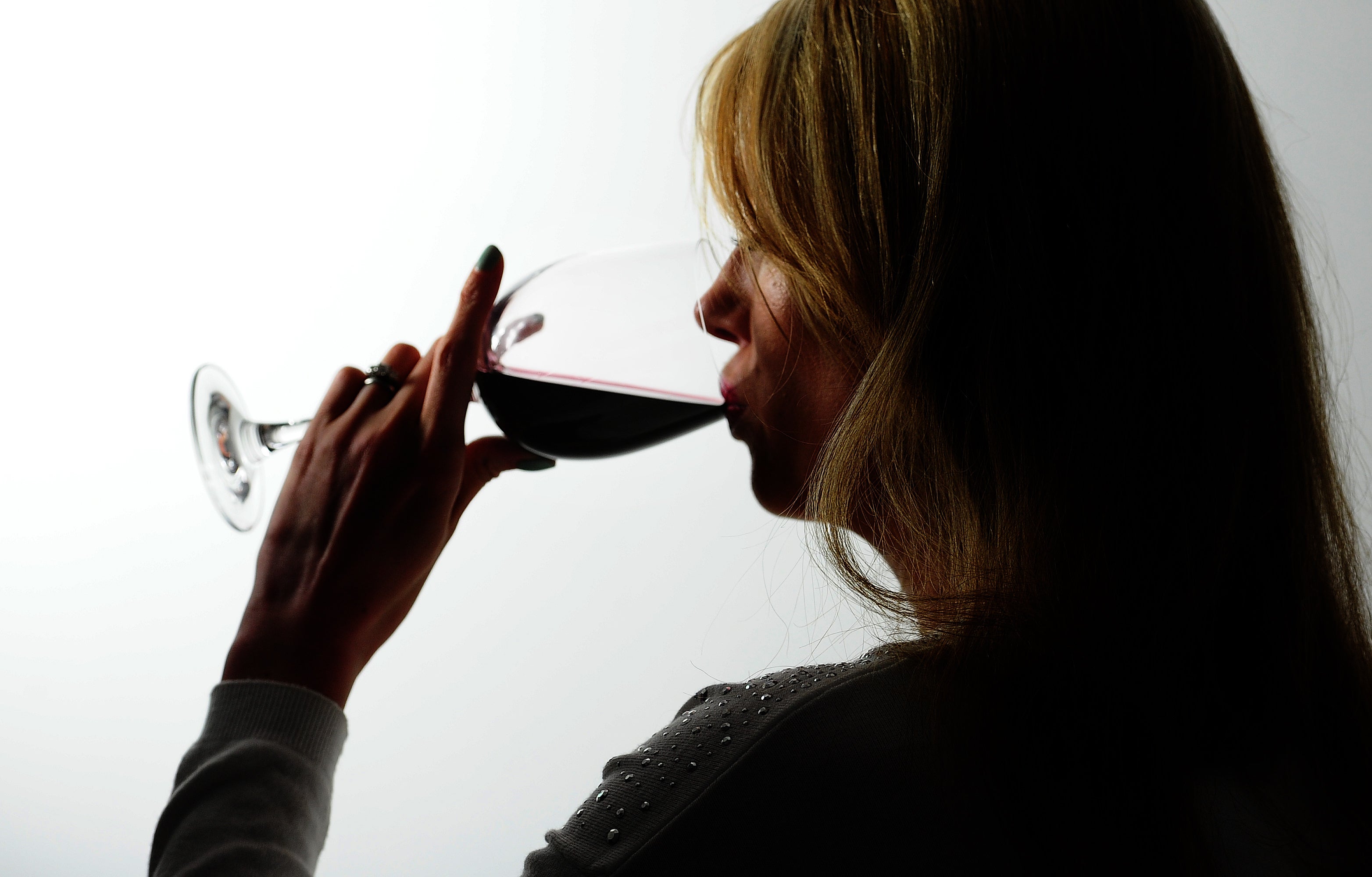Could those who enjoy a stiff drink have better recovery from surgery?
Study suggests older people who are regular drinkers report a better quality of life before and after surgery.

Your support helps us to tell the story
From reproductive rights to climate change to Big Tech, The Independent is on the ground when the story is developing. Whether it's investigating the financials of Elon Musk's pro-Trump PAC or producing our latest documentary, 'The A Word', which shines a light on the American women fighting for reproductive rights, we know how important it is to parse out the facts from the messaging.
At such a critical moment in US history, we need reporters on the ground. Your donation allows us to keep sending journalists to speak to both sides of the story.
The Independent is trusted by Americans across the entire political spectrum. And unlike many other quality news outlets, we choose not to lock Americans out of our reporting and analysis with paywalls. We believe quality journalism should be available to everyone, paid for by those who can afford it.
Your support makes all the difference.Older patients who consume alcohol regularly are more likely to report having a better quality of life before and after surgery compared to those who are teetotal, researchers have claimed.
According to a new study, people aged 60 and over who drink a “potentially unhealthy amount” of alcohol generally say their quality of life is better after an operation compared to those who drink low amounts or no alcohol at all.
Drinkers reported significantly better mobility, self-care and fewer problems undertaking daily activities after surgery compared to their peers, according to Vera Guttenthaler and Dr Maria Wittmann from the University Hospital Bonn in Germany.
One explanation may be that higher alcohol consumption may lead to elevated mood, enhanced sociability and reduced stress
While the findings have been questioned by other academics, the researchers said the topic was “exciting” and warrants further investigation.
They examined data on 628 patients aged 60 and over who had a planned operation at University Hospital Bonn in Germany between 2018 and 2019.
Patients reported their drinking habits and also filled out a questionnaire about their quality of life. This included questions on mobility, self-care tasks, usual activities, pain or discomfort levels and anxiety or depression during their pre-operative visit and again 180 days after surgery.
Before surgery, those who drank more reported better overall health, less pain or discomfort, and were more likely to perform self-care and had a better ability to perform usual activities compared to those who did not drink at all or only consumed low levels of alcohol.
After surgery those who drank more reported significantly better mobility, self-care and usual activities than “low alcohol consumption” patients, according to an abstract from the study, presented to the Euroanaesthesia Congress in Milan.
Women who drank more reported fewer problems in performing usual activities and rated their overall health status as significantly better than women who abstained from alcohol or drink at very low levels.
“Our study finds that older patients with potentially unhealthy alcohol intake report that some aspects of their quality of life are better compared to those who abstain from alcohol or drink at very low levels,” said Ms Guttenthaler.
“One explanation may be that higher alcohol consumption may lead to elevated mood, enhanced sociability and reduced stress.”
The authors acknowledge several limitations to the study and Dr Wittmann added: “Only a tendency in the relationship of alcohol consumption and quality of life could be assumed, but this is an exciting topic for further studies.”
Meanwhile, another study presented to the conference suggests that aromatherapy could reduce the use of post-surgical pain relief medication.
The preliminary US study, which is still ongoing, suggests that aromatherapy – the use of essential oils to enhance wellbeing – could reduce opioid use after surgery by half after hip replacement surgery.
Researchers from the University of Pittsburgh examined data on 25 participants given aromatherapy after surgery.
They found that total opioid use in the first 48 hours after surgery was 50% lower among those who received aromatherapy and their anxiety levels were lower.